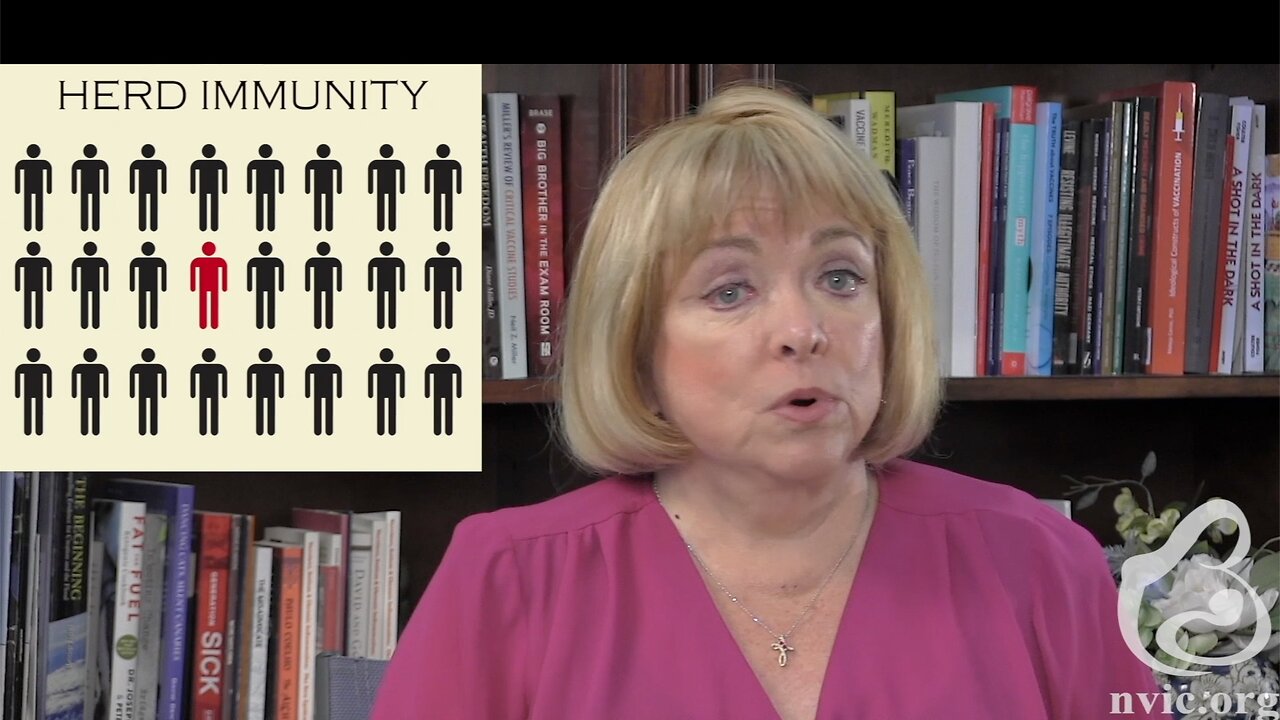A new federally funded study has found a possible association between aluminum-containing inactivated vaccines injected into children under age two and the risk of developing asthma before age five. Researchers are urging caution in interpretation of the results of the retrospective observational study and say more research is needed to confirm the findings.1
Researchers gathered data from 327,000 children in the United States born between 2008 and 2014. They looked at whether the children were given aluminum containing vaccines before age two and whether they developed “persistent asthma” between ages two to five. The study suggested those who were vaccinated before age two had at least a 36 percent higher risk of an asthma diagnosis than those who had fewer aluminum containing vaccines before age two.2
The researchers also found that for each milligram of aluminum received through vaccines, the risks of asthma rose 26 percent in children with existing eczema—often an early indicator of asthma—and the asthma risk rose 19 percent in kids who did not have a history of eczema.
The study was funded by the Centers for Disease Control and Prevention (CDC) and published in the medical journal Academic Pediatrics. The CDC has stated that it will not alter its recommendations based on this single study and that this is the first study that has found a link between asthma and childhood vaccines.
2005 Study Found a Potential Link Between Vaccination and Asthma, Hay Fever and Eczema
However, the National Vaccine Information Center (NVIC) worked with University of Chicago asthma researchers more than 15 year ago to investigate a potential link between childhood vaccines and atopic disease (asthma, hay fever or eczema) using an IRB-approved cross-sectional survey. The results of that study were published in Journal of Allergy and Clinical Immunology in 2005 and the conclusion was that “parents who refuse vaccination reported less asthma and allergies in their unvaccinated children.” The researchers said:
The data included 515 never vaccinated, 423 partially vaccinated, and 239 completely vaccinated children. In multiple regression analyses there were significant (P < .0005) and dose-dependent negative relationships between vaccination refusal and self-reported asthma or hay fever only in children with no family history of the condition and, for asthma, in children with no exposure to antibiotics during infancy. Vaccination refusal was also significantly (P < .005) and negatively associated with self-reported eczema and current wheeze. A sensitivity analysis indicated that substantial biases would be required to overturn the observed associations.
Aluminum Adjuvants in Vaccines Since 1930s
Aluminum has been present in some vaccines since the 1930s. Vaccine manufacturers add aluminum to inactivated injectable vaccines as an adjuvant to provoke a stronger inflammatory immune response in an effort to make the vaccines more effective. According to the CDC schedule, a two-year-old child is given multiple doses of 15 different vaccines, with seven of those vaccines containing aluminum. In 2013, the Institute of Medicine (now the National Academy of Medicine) called for more research to evaluate the safety of the early childhood vaccine schedule.2 3
Other Aluminum Exposures Linked to Asthma
According to STAT News, the CDC, the Food and Drug Administration (FDA) and the National Institutes of Health (NIH) are in further discussions about what additional studies could be conducted to evaluate the potential association between aluminum containing vaccines and asthma.1
Scientists noted an increase in childhood allergies and asthma among children in the U.S. beginning in the 1980s. Previous studies conducted or funded by public health officials failed to find a link between aluminum-containing vaccines and allergies or asthma.
However, other studies have been published reporting a link between exposure to aluminum in industrial workplaces and asthma. Additional studies have shown that mice injected with aluminum demonstrate immune responses that cause the same airway inflammation seen in childhood asthma.4 Additional studies have shown that mice injected with aluminum demonstrate immune responses that cause the same airway inflammation seen in childhood asthma.
Matthew Daly, MD, the recent study’s lead author said that the CDC funded study was done in response to a 2013 report published by the Institute of Medicine, which called for more research into the safety of the CDC recommended childhood vaccine schedule for children from birth to age six. Current and former CDC staff members were part of Dr. Daly’s research team.2
The study authors tried to account for factors that would alter results finding an association between aluminum containing childhood vaccines and asthma, such as race and ethnicity, children who were born prematurely, or children with food allergies. Some factors they were unable to address or account for included if children were exposed to aluminum from other sources, such as aluminum found in food or other environmental exposures.
While some doctors defending the safety of childhood vaccines criticized the study, others say the researchers pulled information “from a respected set of patient data and worked carefully with the best information that was available.”2
Michael Osterholm, PhD, MPH, director of the University of Minnesota’s Center for Infectious Disease Research and Policy, called the study “public health at its best,” stating “it’s our job to exhaustively examine that to see if that’s true.” Dr. Daley said that if the link were found between asthma and aluminum-containing vaccines, it is possible it could prompt a redesign of childhood vaccines.2
If you would like to receive an e-mail notice of the most recent articles published in The Vaccine Reaction each week, click here.
Click here to view References:1 Branswell H. New study sees possible link between aluminum in childhood vaccines and risk of asthma, but caveats abound. STAT News Sept. 27, 2022.
2 Stobbe M. Study tries to see if child vaccines and asthma are linked. AP News Sept. 27, 2022.
3 Institute of Medicine Committee on the Assessment of Studies of Health Outcomes Related to the Recommended Childhood Immunization Schedule. The Childhood Immunization Schedule and Safety Stakeholder Concerns, Scientific Evidence and Future Studies; Washington, D.C. The National Academies Press 2013.
4 Shaaban LH, Zayet HH et al. Respiratory hazard: clinical and functional assessment of aluminum industry workers. Egyptian Journal of Chest Diseases and Tuberculosis 2016; 65(2): 537-543.













4 Responses
Aluminum in vaccines might also cause more Alz since the use of aluminum foil is partially blamed for the dreaded disease.
And the aluminum in beer, you adults!
Aluminum is a neurotoxin and can pass through the blood brain barrier. Because of this, children have been harmed in other ways, not just asthma and allergies…..especially by the HPV vaccine due to it being highest in aluminum levels. It’s time for the industry to wake up and reevaluate vaccines and the schedule.
This is exactly what happened to my son and doctors wouldn’t listen 7yrs ago,
After the Dtap vax ( fever hrs after he became sick) he magical had asthma and rash behind his knees
Was in the hospital 3-4x within 2 months after it
They said it was respiratory Infection, then whooping cough( ding what he was vaxx for) then oh it’s just asthma here you go a pump
I automatically knew it was the vax I didn’t even have to research gut instinct!